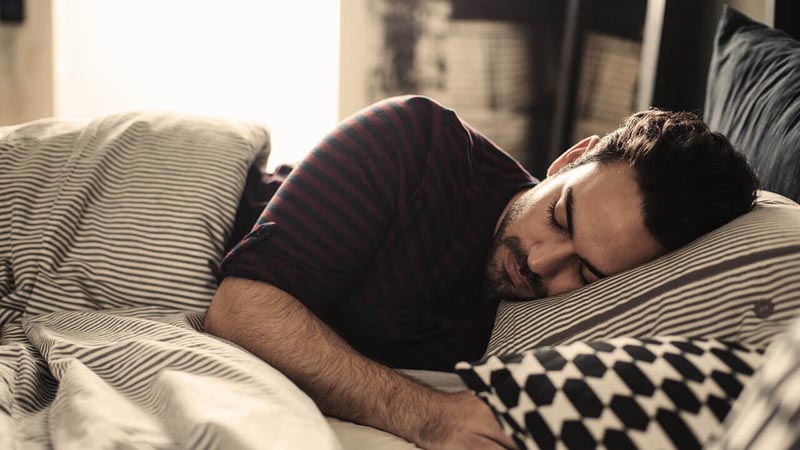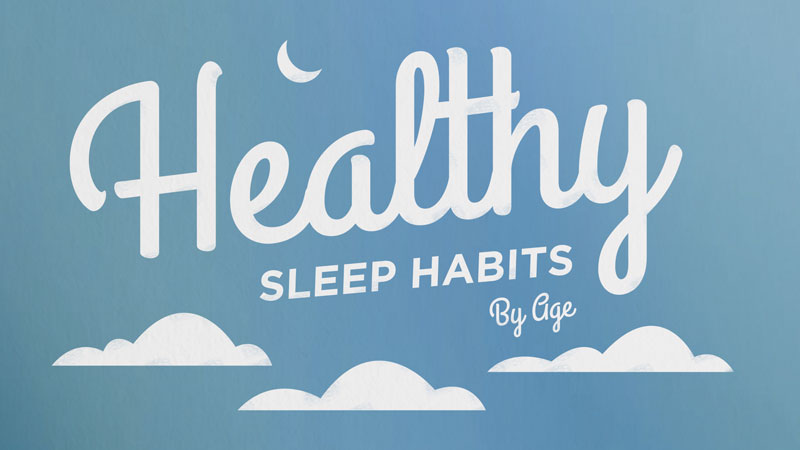Causes and Diagnoses
Causes and Diagnoses of Insomnia
Insomnia has many possible causes. Why you're lying awake when you'd rather be sleeping are directly related to your health and your lifestyle. Causes may include:
- Medications or substance abuse
- Dietary choices, such as caffeine late in the day
- Stress
- Depression or mental disorders
- Recent upheavals in your life, such as a divorce or death of a loved one
- Hormone changes, such as those accompanying menopause
- Bedtime habits that don't encourage sleep
- Environmental factors
- Sleep disorders
- Chronic pain
- Medical conditions such as heart disease, cancer, lung disease or chronic pain
- Substances like alcohol and nicotine
- Travel, especially between time zones
Questions to ask yourself
If you think you may have insomnia, ask yourself:
- Does it take more than 30 minutes to fall asleep?
- Do you wake up during the night and have difficulty falling back sleep?
- Do you wake up earlier than you want to?
- Do you have daytime symptoms, such as fatigue, moodiness, sleepiness or less energy?
- Do you get at least seven hours of sleep every night?
- Do you go to bed in a safe, dark and quiet environment?
If you answered “yes” to many or all of these questions, then you may have insomnia.
Diagnoses
Your sleep medicine specialist will conduct a thorough exam and may recommend a sleep medicine specialist. It will help to prepare a record or journal of your sleep patterns. The diagnosis process may include:
- Your medical history: Your physician will consider any medical conditions, any medications you're taking and stressful life changes that could be causing insomnia.
- Your sleep history: Be ready to describe your insomnia, including details such as how long it's been going on, what you think could be contributing to it and what your sleep patterns are like.
- Physical exam: Your physician will look for physical reasons that could be causing problems with sleep.
- Sleep study: You may need to sleep overnight in a sleep lab where researchers monitor your sleep.



